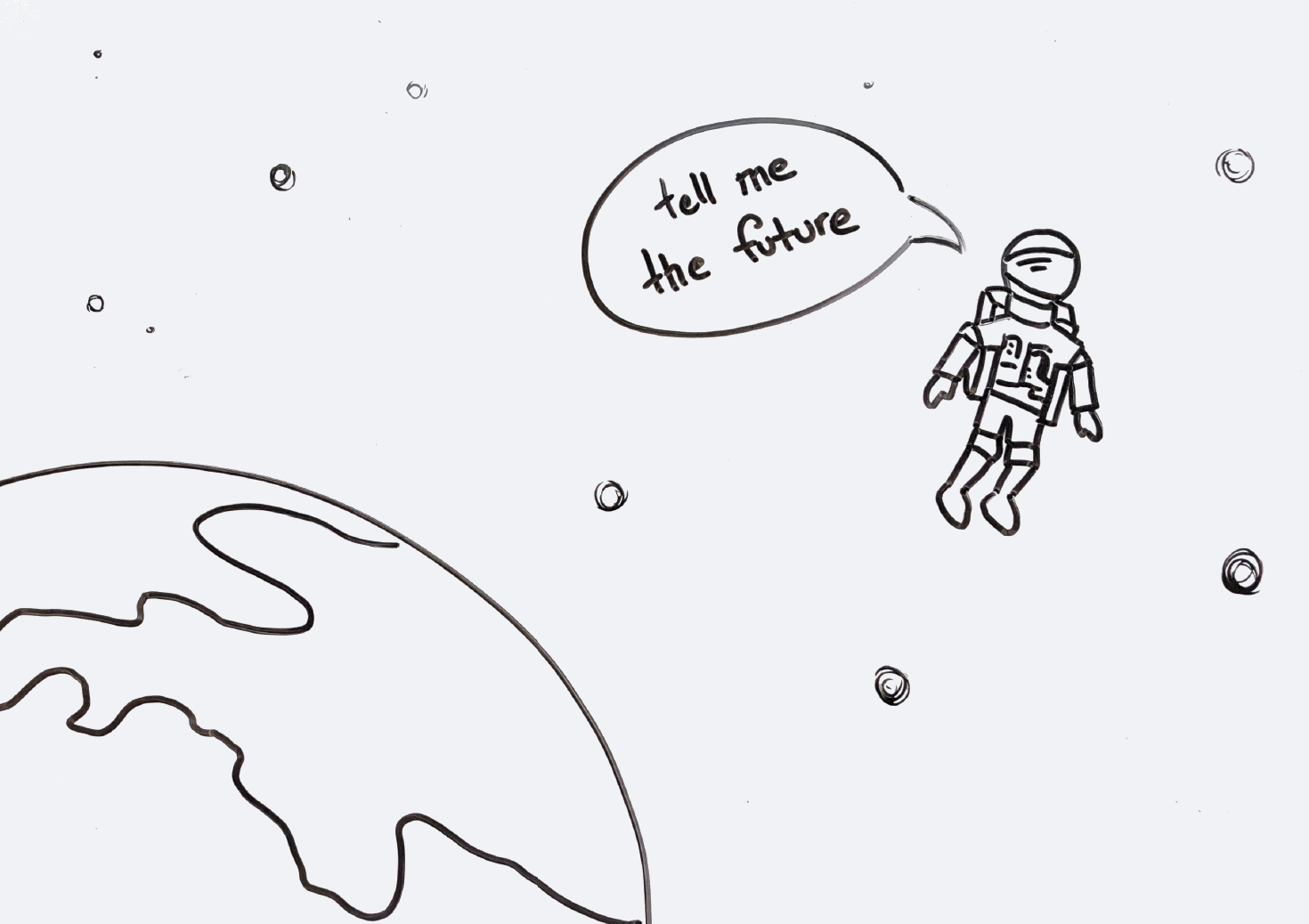Principles
Since the first mechanical computers were built and imagined by Ada Lovelace and Charles Babbage, the development of computational power has followed an exponential curve. This has first been described by Gordon Moore, one of the founders of Intel Corporation.
During this time the technological form of computation has followed a steady evolution. Starting with a purely mechanical and analogous approach to more electric and more discrete varieties based on a range of numeric systems, all the way to electronic and digital in a binary form, this evolution is currently being continued on the frontier of quantum computing.
These developments are fed by a recursive support system described as the law of accelerating returns by Ray Kurzweil. The idea is that the exponentially growing computational power is used as a basis for research and design of the computational power of the future.
We have all witnessed the beginning of a massive explosion of computational potential in the past 25 years. By connecting people, things and information in a more and more ubiquitious way over the years we have started to reshape the way the world works.
// We believe in the triple bottom line. To us this means that profit is an enabler for contributing towards a good planet and happy people.
While the results of the past years have mainly been focussed on employing technologies like internet, mobile networks and devices and robots, we are now beginning to use the law of accelerating returns on technologies like Virtual Reality, Artificial Intelligence, Human Augmentation, CRISPr, 3D-Production, Distributed Systems like Blockchain, Autonomous Robots and more.
The unfolding of these technologies in the form of products and solutions we could only dream of until now will induce massive shifts in the way we run our societies, the world and the understanding of ourselves as humans.
The enourmous space of potential futures we can create has to met with courage and care. We now have the potential to create a beautiful utopian world just as well as a terrible dystopian one. It is up to us.
In order to enable us as a species to navgiate this future in an effective and efficient way, we must agree on a common understanding of the future we want to create. This will require a global conversation about moral foundations.



